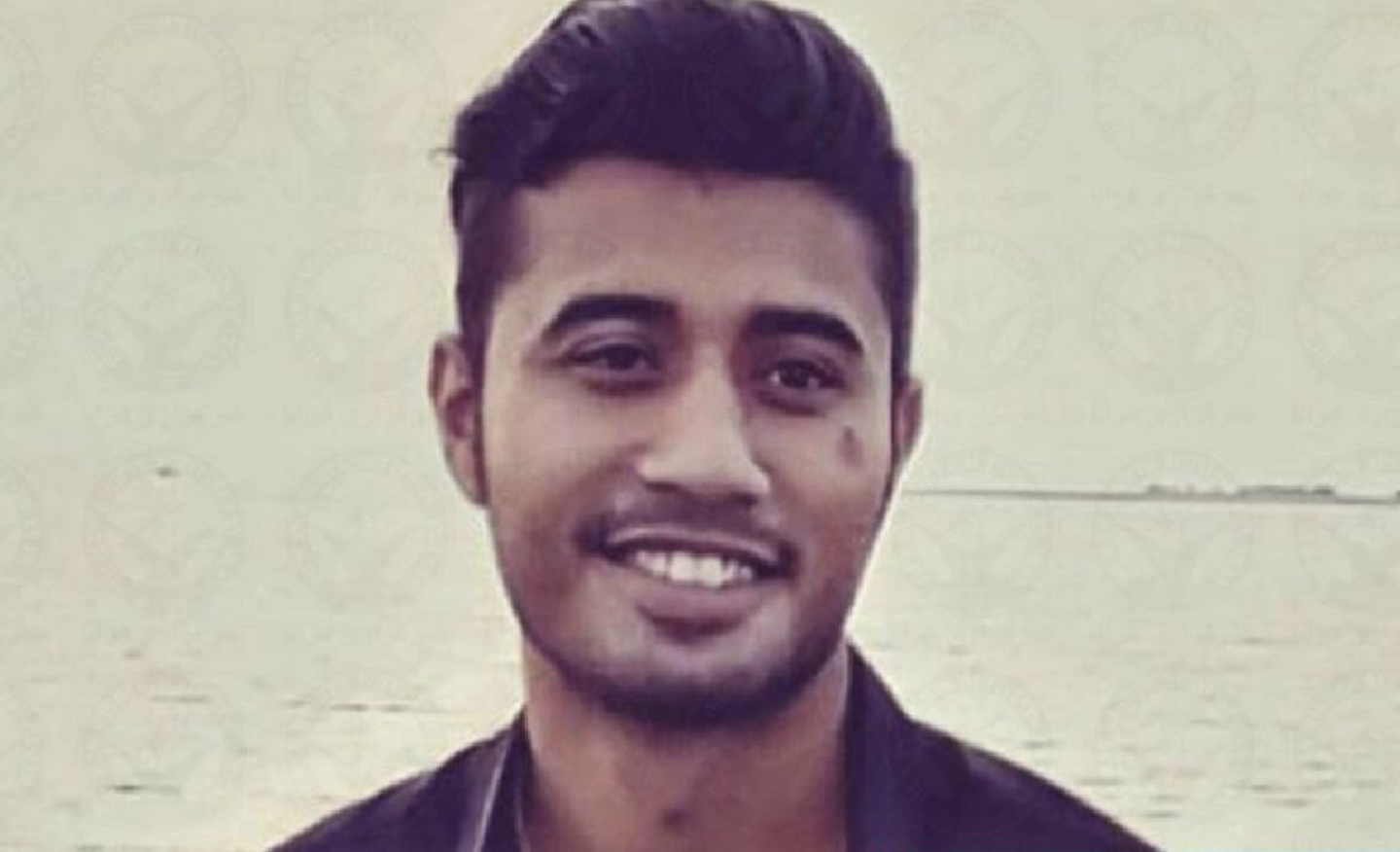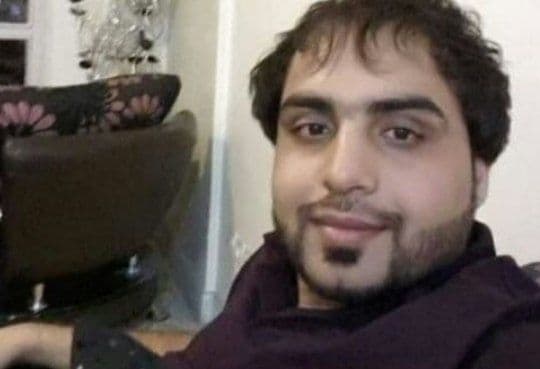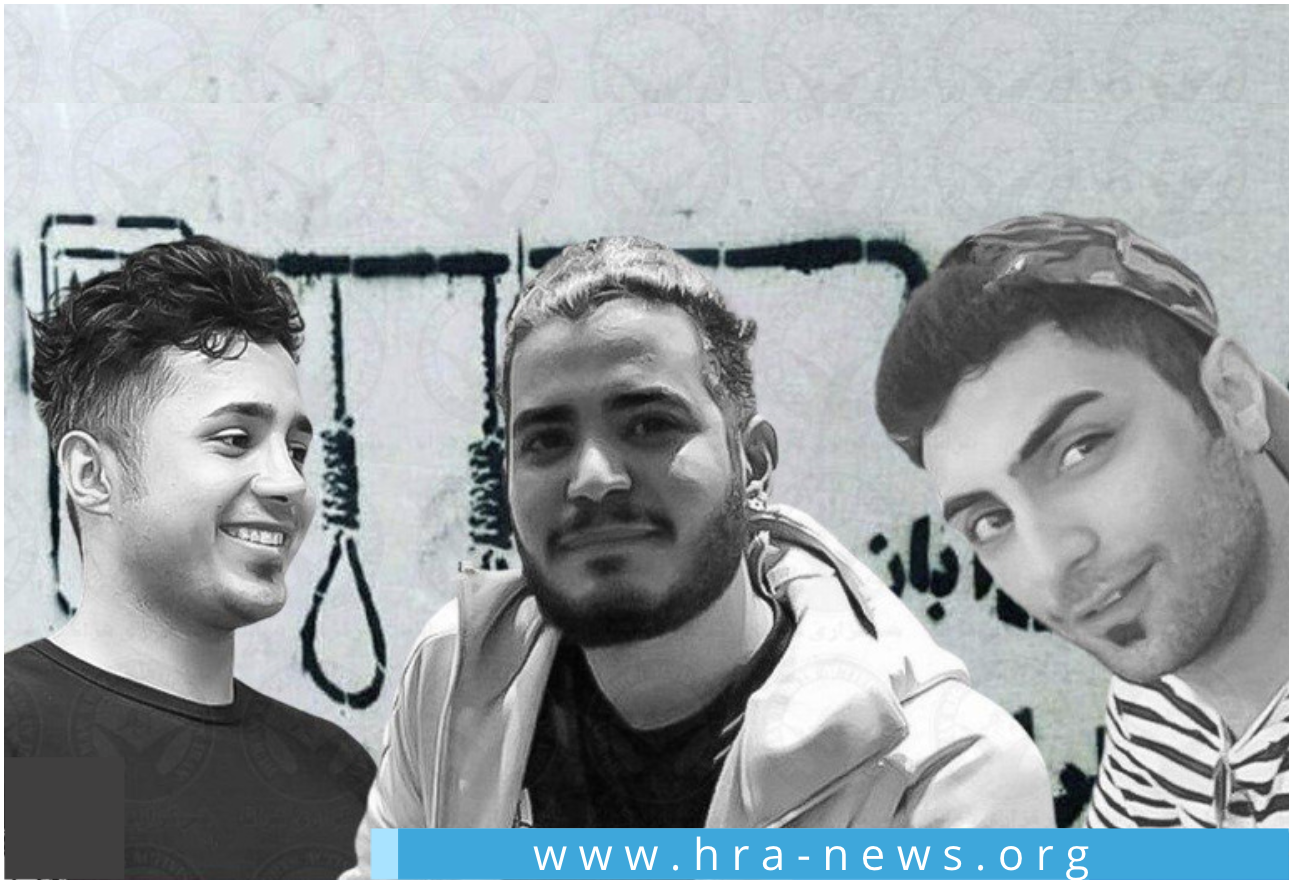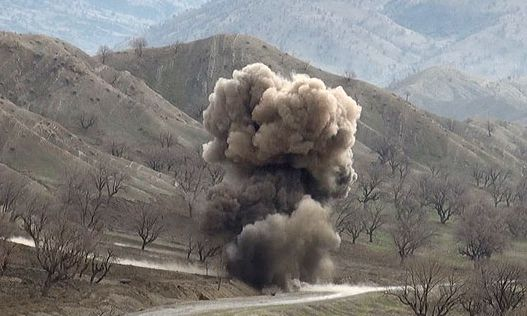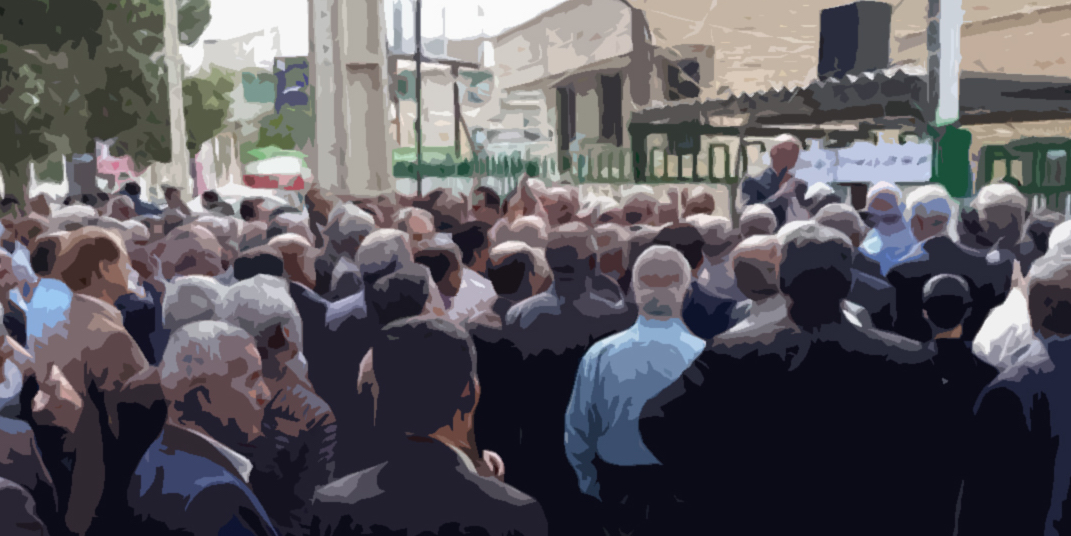On May 5th and May 6th, several protests broke out that were related, in various ways, to political and economic institutions’ disregard for the safety and wellbeing of their members. High school students in at least 14 cities gathered to protest mandatory physical attendance for their final exams. In Tehran, a group of Tehran Metro workers gathered to demand that their medical and economic demands be met. A group of operators of the West Regional Electricity Company in Kermanshah protested the lack of wage regulation in the new year.
Police beat the protest students
On May 6, 2021, high school students in at least 14 cities including Boroujerd, Tehran, Qazvin, Semnan, Karaj, Shahr-e Kord, Shiraz, Zanjan, Khorramabad, Yazd, Tabriz, Birjand, Ardabil, and Fooladshahr, protested mandatory physical attendance for final exams. To prevent further spread of COVID-19 and to ensure their own and their families’ safety, these students are calling for “final exams to be held virtually /online”.
Below is footage of students protesting in-person exams
The protesting students gathered in front of their respective education department buildings and chanted slogans such as “Do not be afraid, we are all in this together”, and “We do not want to physically attend”.
At some of these demonstrations, police physically assaulted peaceful student protestors. Several student protesters in Yazd and Fooladshahr were reportedly beaten by officers.
Since the Coronavirus outbreak in Iran, conducting exams that require physical attendance has raised concern among students and their families. On the Monday before the protests, the Corona Management Committee in Iran claimed that final exams were to be held in person in large and ventilated places.
Jafar Pashaei, Director General of Education in Tabriz Province responded to the protests. “Holding exams in person for the ninth and twelfth-grade is a national decision,” Pashaei said, “And it will definitely be held under protocols and distancing.”
Despite ongoing demands to be given a remote option, and despite the May 6th protests, education officials have maintained the in-person exam schedule.
Protests from Tehran Metro Employees
According to the official channel of railway workers and technical maintenance staff, a group of Tehran Metro personnel gathered in the company courtyard to protest the lack of attention to their demands for fair treatment,
The protesting workers’ main demands are “Expertise allowance, hardship allowance, prioritized COV-19 vaccination, Job title modification, full implementation of labor wage increase based on the decree of Supreme Labor Council, stop the plan of removing the trains’ co-driver, modify the formula for calculating the personnel salary tax, elimination of discrimination between operational and administrative staff as well as the revival and implementation of mandates to provide personal equipment for drivers.”

Protests from West Regional Electricity Company Operators
According to ILNA, on May 5, a group of operators of the West Regional Electricity Company in Kermanshah protested in front of the regional electricity office building in Kermanshah.
The operators said in a statement, “The wage decree of the Ministry of Labor is not being implemented well for us. Our wages and benefits are much lower than those of officials and contractors, and the wage increase has not been properly applied to us in the new year. Our wages are very low considering the inflation and what we do.”
The spokespeople added that what the Regional Ministry of Energy and Regional Electricity Office pay to companies as personnel salaries often do not end up going to the workers. These operators, who carry out dangerous work handling high-voltage electricity, want to sign a contract with the regional electricity itself, rather than the contractors.





